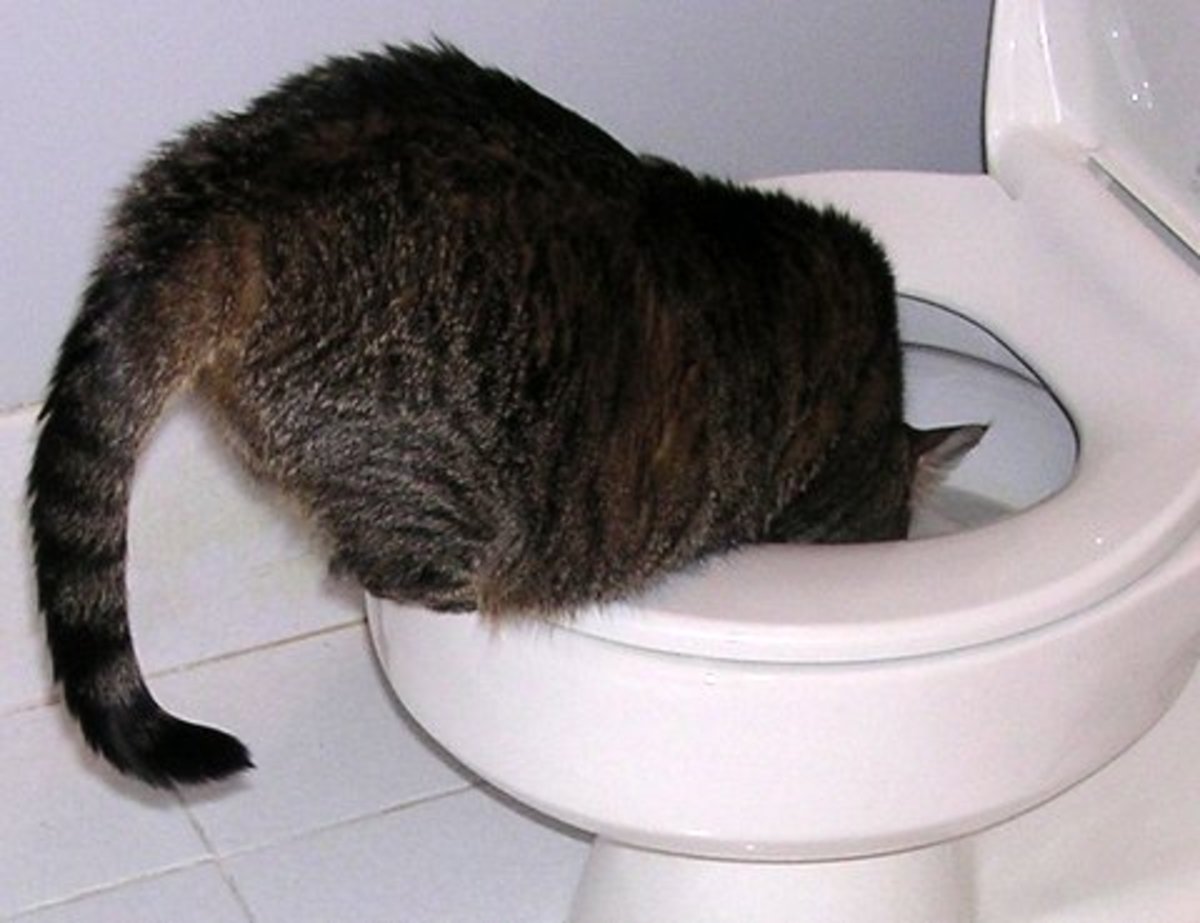Avoid Flush Cat Poop Down Your Toilet - Protect Your Pipes Infrastructure
Avoid Flush Cat Poop Down Your Toilet - Protect Your Pipes Infrastructure
Blog Article
This post which follows involving Can You Flush Cat Poo or Litter Down the Toilet? is definitely motivating. You should look it over.

Introduction
As pet cat owners, it's essential to bear in mind how we deal with our feline close friends' waste. While it may appear practical to purge cat poop down the commode, this practice can have destructive consequences for both the setting and human health.
Alternatives to Flushing
Luckily, there are more secure and much more accountable means to get rid of pet cat poop. Take into consideration the following options:
1. Scoop and Dispose in Trash
One of the most usual approach of dealing with feline poop is to scoop it right into an eco-friendly bag and toss it in the garbage. Make certain to make use of a committed clutter inside story and take care of the waste promptly.
2. Usage Biodegradable Litter
Go with eco-friendly pet cat trash made from materials such as corn or wheat. These litters are environmentally friendly and can be securely disposed of in the garbage.
3. Hide in the Yard
If you have a yard, consider hiding feline waste in a designated location away from vegetable yards and water sources. Make certain to dig deep sufficient to prevent contamination of groundwater.
4. Set Up a Pet Waste Disposal System
Purchase a pet garbage disposal system especially designed for feline waste. These systems utilize enzymes to break down the waste, minimizing smell and ecological influence.
Health and wellness Risks
In addition to ecological concerns, flushing feline waste can likewise posture wellness risks to humans. Pet cat feces may contain Toxoplasma gondii, a bloodsucker that can cause toxoplasmosis-- a possibly severe health problem, particularly for expectant women and individuals with damaged immune systems.
Ecological Impact
Purging cat poop introduces harmful microorganisms and bloodsuckers right into the supply of water, presenting a significant risk to water ecological communities. These impurities can negatively impact marine life and compromise water high quality.
Final thought
Accountable family pet ownership extends beyond supplying food and shelter-- it likewise entails correct waste monitoring. By refraining from purging pet cat poop down the commode and selecting alternate disposal techniques, we can minimize our ecological impact and safeguard human health and wellness.
Why Can’t I Flush Cat Poop?
It Spreads a Parasite
Cats are frequently infected with a parasite called toxoplasma gondii. The parasite causes an infection called toxoplasmosis. It is usually harmless to cats. The parasite only uses cat poop as a host for its eggs. Otherwise, the cat’s immune system usually keeps the infection at low enough levels to maintain its own health. But it does not stop the develop of eggs. These eggs are tiny and surprisingly tough. They may survive for a year before they begin to grow. But that’s the problem.
Our wastewater system is not designed to deal with toxoplasmosis eggs. Instead, most eggs will flush from your toilet into sewers and wastewater management plants. After the sewage is treated for many other harmful things in it, it is typically released into local rivers, lakes, or oceans. Here, the toxoplasmosis eggs can find new hosts, including starfish, crabs, otters, and many other wildlife. For many, this is a significant risk to their health. Toxoplasmosis can also end up infecting water sources that are important for agriculture, which means our deer, pigs, and sheep can get infected too.
Is There Risk to Humans?
There can be a risk to human life from flushing cat poop down the toilet. If you do so, the parasites from your cat’s poop can end up in shellfish, game animals, or livestock. If this meat is then served raw or undercooked, the people who eat it can get sick.
In fact, according to the CDC, 40 million people in the United States are infected with toxoplasma gondii. They get it from exposure to infected seafood, or from some kind of cat poop contamination, like drinking from a stream that is contaminated or touching anything that has come into contact with cat poop. That includes just cleaning a cat litter box.
Most people who get infected with these parasites will not develop any symptoms. However, for pregnant women or for those with compromised immune systems, the parasite can cause severe health problems.
How to Handle Cat Poop
The best way to handle cat poop is actually to clean the box more often. The eggs that the parasite sheds will not become active until one to five days after the cat poops. That means that if you clean daily, you’re much less likely to come into direct contact with infectious eggs.
That said, always dispose of cat poop in the garbage and not down the toilet. Wash your hands before and after you clean the litter box, and bring the bag of poop right outside to your garbage bins.
https://trenchlesssolutionsusa.com/why-cant-i-flush-cat-poop/

As an avid person who reads about Can You Flush Cat Poo or Litter Down the Toilet?, I assumed sharing that excerpt was essential. Feel free to take the time to promote this blog entry if you enjoyed reading it. Thanks so much for going through it.
View Website Report this page